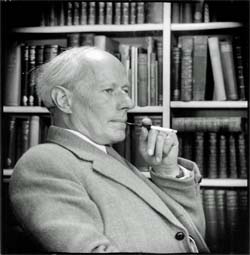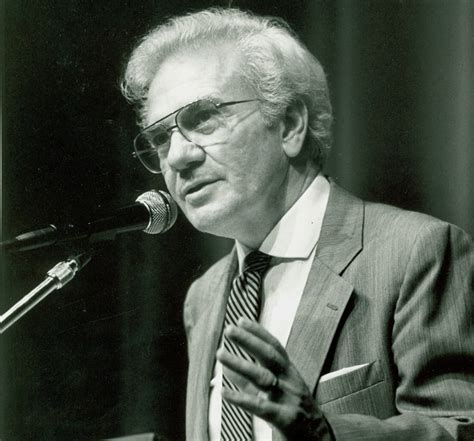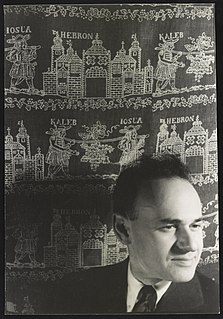A Quote by F. L. Lucas
The two World Wars came in part, like much modern literature and art, because men, whose nature is to tire of everything in turn... tired of common sense and civilization.
Related Quotes
I like art with a sense of humor. I don't have a huge art education to understand everything. I don't think that means that art has to be watered down to the lowest common denominator, though. I don't think you have to go to college to be able appreciate great art, but I like art that doesn't take itself too seriously.
Art is humanity's most essential, most universal language. It is not a frill, but a necessary part of communication. The quality of civilization can be measured through its music, dance, drama, architecture, visual art and literature. We must give our children knowledge and understanding of civilization's most profound works.
What interests me is to paint the kind of antisensitivity that impregnates modern civilization. I think art since Cezanne has become extremely romantic and unrealistic, feeding on art. It is Utopian. It has less and less to do with the world. It looks inward - neo-Zen and all that. Pop Art looks out into the world. It doesn't look like a painting of something, it looks like the thing itself.
Wars between states and people seem to have existed under all historical systems for as long as we have some recorded evidence. War is quite clearly not a phenomenon particular to the modern world-system. On the other hand, once again the technological achievements of capitalist civilization serve as much ill as good. One bomb in Hiroshima killed more people than whole wars in pre-modern times. Alexander the Great in his whole sweep of the Middle East could not compare in destructiveness to the impact of the Gulf War on Iraq and Kuwait.
I should like to see any power of the world destroy this race, this small tribe of unimportant people, whose wars have all been fought and lost, whose structures have crumbled, literature is unread, music is unheard, and prayers are no more answered. Go ahead, destroy Armenia . See if you can do it. Send them into the desert without bread or water. Burn their homes and churches. Then see if they will not laugh, sing and pray again. For when two of them meet anywhere in the world, see if they will not create a New Armenia.
In spite of their obvious differences, folk art and popular art have much in common; they are easy to understand, they are romantic, patriotic, conventionally moral, and they are held in deep affection by those who are suspicious of the great arts. Popular artists can be serious, like Frederick Remington, or trivial, like Charles Dana Gibson; they can be men of genius like Chaplin or men of talent like Harold Lloyd; they can be as uni versal as Dickens or as parochial as E.P. Roe; one thing common to all of them is the power to communicate directly with everyone.
One: whose shoulders do you stand on? And two: what do you stand for? These are two questions that I always begin my poetry workshops with students because at times, poetry can seem like this dead art form for old white men who just seem like they were born to be old, like, you know, Benjamin Button or something.
I believe Picasso's success is just one small part of the broader modern phenomenon of artists themselves rejecting serious art- perhaps partly because serious art takes so much time and energy and talent to produce-in favor of what I call `impulse art': art work that is quick and easy, at least by comparison.
The effect on men has been very bad, too, of the omission of women's history, because men have been given the impression that they're much more important in the world than they actually are. It has fostered illusions of grandeur in every man that are unwarranted. If you can think as a man that everything great in the world and its civilization was created by men, then naturally you have to look down on women. And naturally, you have to have different aspirations for your sons and for your daughters.







































